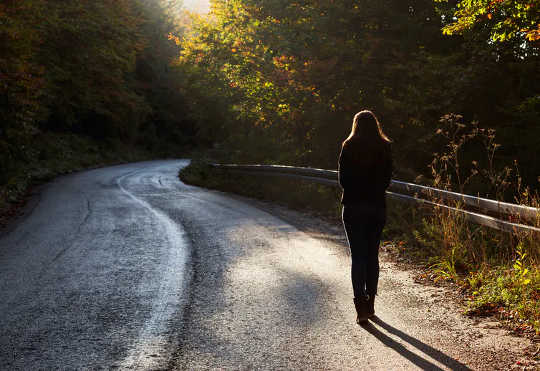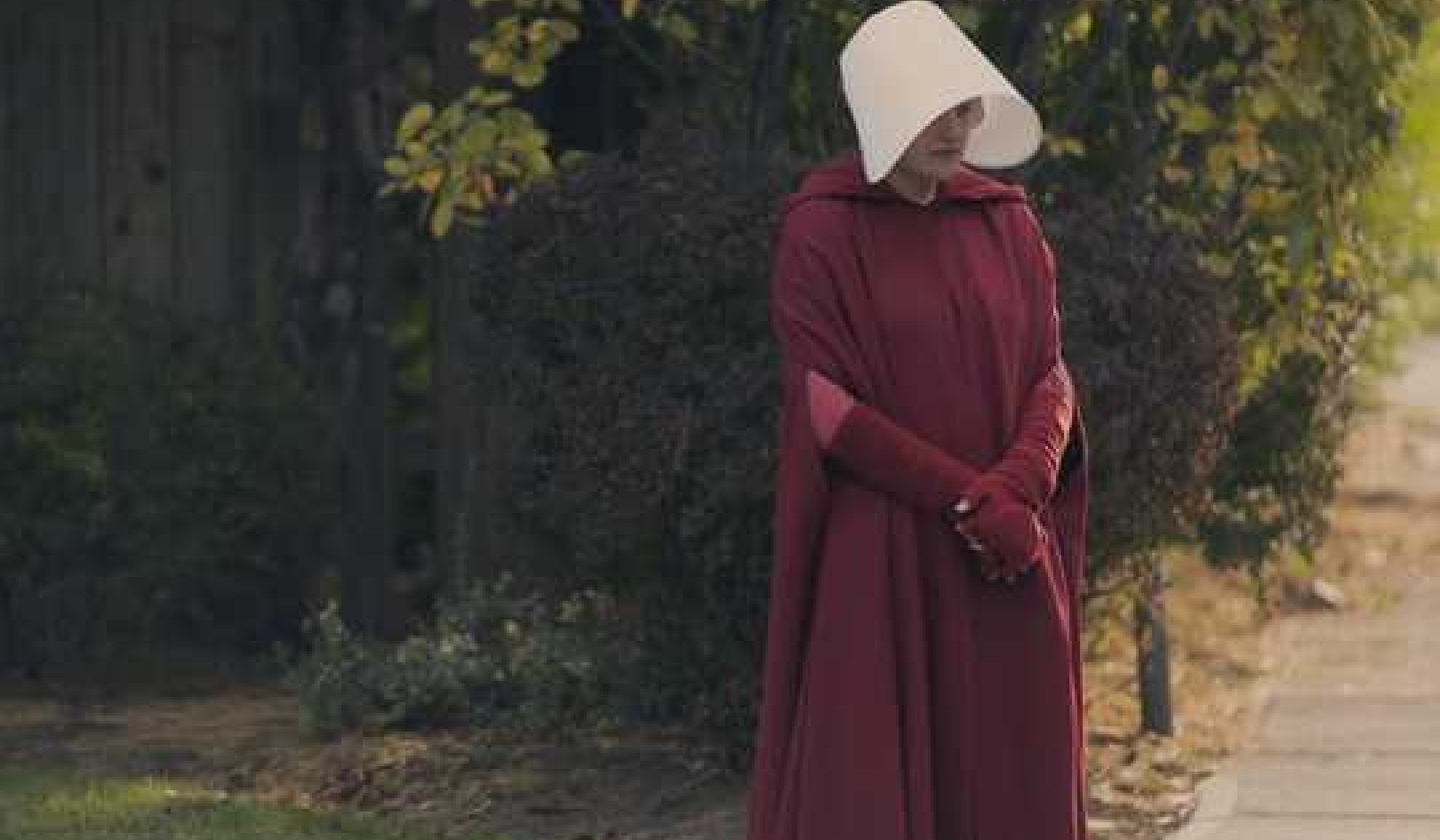
shutterstock
Since March 2020, many of us have got closer to experiencing the kind of solitude long sought by monks, nuns, philosophers and misanthropes.
For some, this has brought loneliness. Nevertheless, like Buddhism, the West has a rich literature — both religious and secular — exploring the possible benefits of being alone.
“Take time and see the Lord is good,” Psalm 34 enjoins, in a biblical passage long read as a call to periodically withdraw from worldly occupations. The best form of life will be contemplative, the philosopher Aristotle concurs.
Solitude, according to the Renaissance poet-philosopher Petrarch,
rehabilitates the soul, corrects morals, renews affections, erases blemishes, purges faults, (and) reconciles God and man.
Here are four key benefits of solitude these very different, contemplative authors point to.
1. Freedom to do what you want — any old time
The first boon identified by those who praise solitude is the leisure and liberty it provides.
There is freedom in space. You can (proverbially) get around in your PJs, and who’s to know? There is the release from the needs and demands of others (a liberty many parents may have found themselves longing for recently). And there may be a freedom in time, also. In solitude, we may do, think, imagine and pay easy attention to whatever pleases us.
“When I dance, I dance; when I sleep, I sleep,” the 16th century French philosopher Montaigne, a connoisseur of the quiet life, mused.
Yes, and when I walk alone in a beautiful orchard, if my thoughts drift to far-off matters for some part of the time, for some other part I lead them back again to the walk, the orchard, to the sweetness of this solitude, to myself.
2. Reconnecting with yourself
Solitude (unless of course we are working from home) withdraws the external objects, demands and tasks crowding our days. All the energies we have distributed so widely, in different relationships, projects and pursuits can regather themselves, “like a wave rolling from sand and shore back to its ocean source,” as psychologist Oliver Morgan has written.
Advocates of solitude hence stress how, with fewer preoccupations, we can reconnect to aspects of ourselves we usually don’t have time for. This may not always be pleasant. But periodically reassessing who we are, even when it throws up confronting desires, harrowing fears or humbling insights, may be renewing.
This value of solitude as a test explains why, in many cultures, rites of passage involve periods of enforced withdrawal from the wider group. If a person can’t be content in their own company, the odds are they will not be happy around others either, as the Stoic Epictetus observed.
 Enforced isolation on one’s own can have benefits. shutterstock
Enforced isolation on one’s own can have benefits. shutterstock
3. Finding your ‘inner citadel’
Solitude can enable us to recharge. As Montaigne joked, it allows you to take a step back from ordinary life, the better to leap into it next time. It also enables us to cultivate a valuable inner distance from the pressures, shocks and follies that usually beset us.
“We should have wives, children, property and, above all, good health,” Montaigne observed. But also, metaphorically, “We should set aside a room, just for ourselves, at the back of the shop, keeping it entirely free and establishing there our true liberty, our principal solitude and asylum …”
The Roman emperor and thinker Marcus Aurelius called such a virtual back room an “inner citadel” to which the wise person could retreat, retiring into his own soul.
4. Seeing the bigger picture
In ordinary life, the horizons of our concern are practical and short-range. We are too busy to take stock — fearing and desiring what is coming up today, next week, next month or next year.
Ferried along in this way, years can pass without our noticing.
Solitude gives us the means to recall the bigger picture: our lives are quietly passing by; there are good people who we too often take for granted; we have neglected many things we deeply wanted to do and Nature or God (if we are religious) is far more awe inspiring than we usually credit.
Indeed, many sources suggest it is only through being alone that the highest truths become accessible to the seeker.
 Arnold van Westerhout, Portrait of John of the Cross (1719).
Arnold van Westerhout, Portrait of John of the Cross (1719).
As the mystic St John of the Cross reported: “The very pure spirit does not bother about the regard of others or human respect, but communes inwardly with God, alone and in solitude as to all forms, and with delightful tranquility, for the knowledge of God is received in divine silence”.
It is for these reasons that holy men and women from diverse global traditions have withdrawn into the desert, as Christ did, or onto isolated heights, as did Mohammad in the Quran or Moses in Exodus.
Of course, most of us will not emerge from the pandemic convinced solitaries. It is natural to long for the many goods of human connection.
But one unlikely benefit of 2020 for some harried moderns may be gaining insight into why older cultures valued time alone so highly.![]()
About the Author
Matthew Sharpe, Associate Professor in Philosophy, Deakin University
This article is republished from The Conversation under a Creative Commons license. Read the original article.

Related Books:
Atomic Habits: An Easy & Proven Way to Build Good Habits & Break Bad Ones
by James Clear
Atomic Habits provides practical advice for developing good habits and breaking bad ones, based on scientific research on behavior change.
Click for more info or to order
The Four Tendencies: The Indispensable Personality Profiles That Reveal How to Make Your Life Better (and Other People's Lives Better, Too)
by Gretchen Rubin
The Four Tendencies identifies four personality types and explains how understanding your own tendencies can help you improve your relationships, work habits, and overall happiness.
Click for more info or to order
Think Again: The Power of Knowing What You Don't Know
by Adam Grant
Think Again explores how people can change their minds and attitudes, and offers strategies for improving critical thinking and decision making.
Click for more info or to order
The Body Keeps the Score: Brain, Mind, and Body in the Healing of Trauma
by Bessel van der Kolk
The Body Keeps the Score discusses the connection between trauma and physical health, and offers insights into how trauma can be treated and healed.
Click for more info or to order
The Psychology of Money: Timeless lessons on wealth, greed, and happiness
by Morgan Housel
The Psychology of Money examines the ways in which our attitudes and behaviors around money can shape our financial success and overall well-being.



























